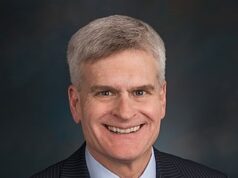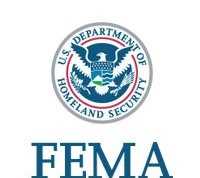Code Officials Defeat Proposal to Rollback Historic Efficiency Gains in America’s Model Energy Code
Counter-productive measure would have added thousands to homeowner energy bills
WASHINGTON, D.C. – October 24, 2013 – (RealEstateRama) — Sound energy policy prevailed as local and state governmental officials rejected dozens of builder-sponsored home efficiency rollback proposals in a three-day marathon meeting convened by the International Code Council (ICC) to develop the 2015 International Energy Conservation Code (IECC).
Energy Codel in National News |
Energy Code in Social Media |
“Today was a victory for America’s homebuyers,” said Bill Fay, Executive Director of the Energy Efficient Codes Coalition (EECC). “By dismissing efforts to roll back the historic 30% efficiency gains we won three years ago in the 2012 IECC, ICC governmental members avoided what would have been the single biggest step backward in energy efficiency ever adopted into the model energy code.”
Defeated after a 75-52 vote, the counterproductive measure would have added thousands of dollars to a new home’s energy costs. An ICF International analysis found that the proposal, known as RE-166, would have increased a new home’s energy use by at least 6 percent and as much as 22 percent.
“Fully two-thirds of our states have adopted the 2009 or 2012 IECC without the equipment trade-off loophole, resulting in the construction of hundreds of thousands more efficient homes across the nation,” said Alliance to Save Energy President Kateri Callahan. “Not only has that saved homeowners lots of money, but it has given them better built, more comfortable, and quieter homes with a higher resale value.”
Before the 2009 IECC closed the loophole, homebuilders used it to construct less efficient thermal envelopes (cheaper and less efficient windows, insulation, sealing and other measures) in exchange for installing high efficiency HVAC systems and hot water heaters that they were likely to install anyway. Because the envelope measures can last up to 100 years and the equipment lasts 10-20 years the loophole dramatically worsened the overall efficiency of a home.
After completing three days of voting on proposals to update the residential buildings chapter of the IECC late last night, the governmental members turned to its commercial buildings chapter. The 2015 International Code Council (ICC) Group B Public Comment Hearings in Atlantic City, which began on October 2, are expected to continue until noon on October 10.
###
The Alliance to Save Energy is a coalition of prominent business, government, environmental and consumer leaders who promote the efficient and clean use of energy worldwide to benefit consumers, the environment, economy and national security.
Media Contact:
Michael Timberlake
(202) 448-8758











